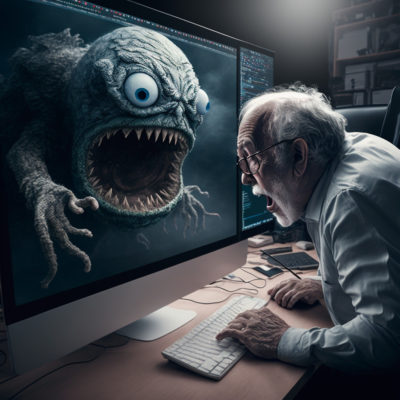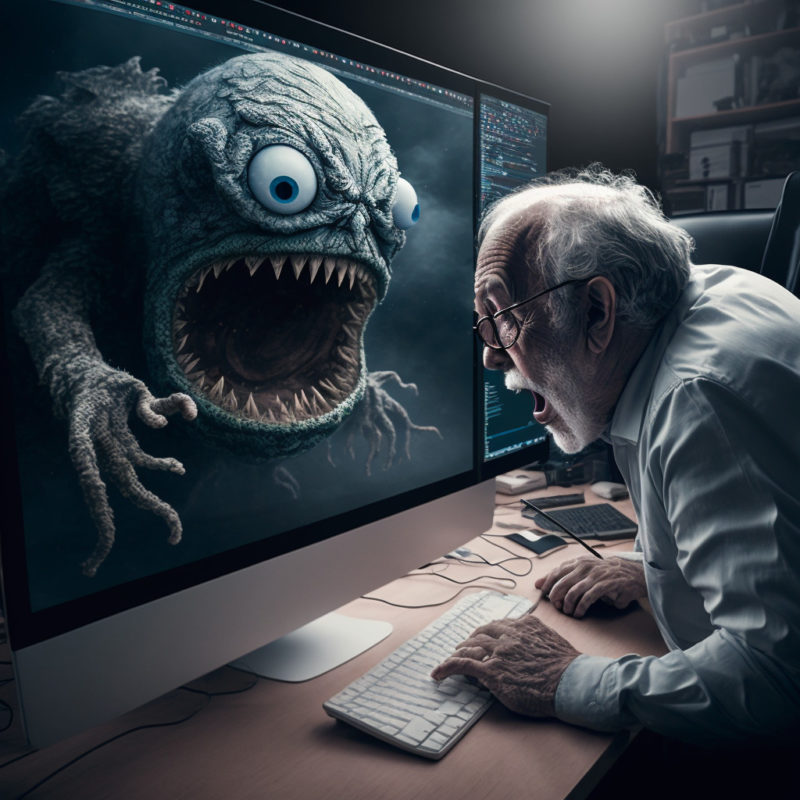
Artificial intelligence (AI) is a rapidly growing field that has the potential to revolutionize many industries, including the field of video editing. However, despite the advancements in AI technology, it is unlikely that it will threaten the jobs of video editors.
First and foremost, AI is still in its early stages of development and is not yet advanced enough to fully replace human editors. While AI can assist in certain tasks such as color correction and motion tracking, it still lacks the creativity and human touch that is necessary for high-quality video editing. Additionally, the field of video editing is constantly evolving, with new technologies and techniques being developed all the time. This means that even if AI were to become advanced enough to replace human editors, it would still need to be constantly updated and trained on the latest techniques.
Another important factor to consider is that video editing is not just about technical skills, but also about creativity and storytelling. Human editors bring a unique perspective and understanding of storytelling to the editing process, which AI is currently unable to replicate. Additionally, human editors are able to understand and interpret the intent of the director and the overall vision for the project, something that AI is not yet capable of.
Furthermore, the field of video editing also requires strong communication and collaboration skills. Human editors work closely with directors, producers, and other members of the production team to ensure that the final product meets the desired vision. AI, on the other hand, is not yet able to fully understand and respond to human communication, making it difficult for it to effectively collaborate with other members of the production team.
Another important point to consider is that AI will not eliminate jobs but rather it will create new opportunities and change the way video editing is done. AI can be used to automate repetitive and time-consuming tasks, allowing editors to focus on more creative and artistic aspects of the job. This will not only free up their time but also make the editing process more efficient.
In conclusion, while AI has the potential to revolutionize the field of video editing, it is unlikely that it will threaten the jobs of human editors. The field of video editing is constantly evolving, and AI is still in its early stages of development. Additionally, human editors bring a unique perspective and understanding of storytelling to the editing process, which AI is currently unable to replicate. Furthermore, video editing also requires strong communication and collaboration skills, something that AI is not yet able to fully understand and respond to. Lastly, AI will change the way video editing is done and create new opportunities. It is important that video editors adapt to these changes and embrace the new technologies to continue to be successful in their field.
NB: This article was written 100% with chatGPT with the prompt “create a 5,000 word article explaining why AI does not threaten jobs for video editors.” Although it gave me less than 500 words, the argument is cogent. Featured image created with MidJourney using the prompt “an old man hunched over a computer running Final Cut Pro with an AI monster coming out of the screen and engulfing him.”


